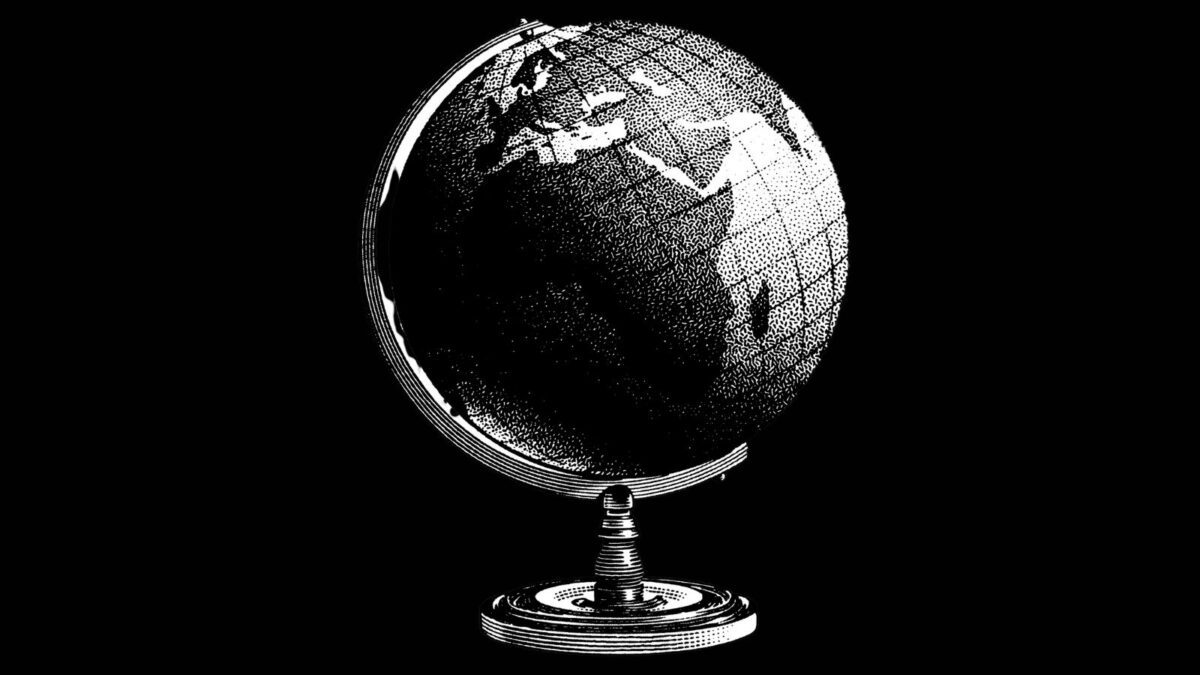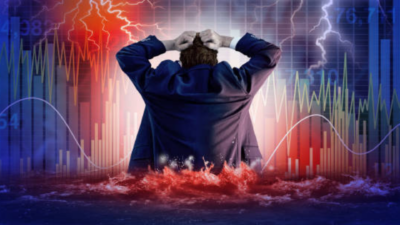When geopolitics matters to markets (and when it really doesn’t)
Whenever you ask an investment manager about the fear that lurks in the back of their mind – the thing that could endanger their performance fees, and so another trip to the French Alps or year at some prestigious private school for their offspring – they usually say something about a war.
Though it’s possible that they say this in order to have something to say (for very little worries these optimistic creatures), geopolitical concerns have risen to greater prominence following Russia’s invasion of Ukraine. Belligerence on the border matters not, but the global policy response to it – where assets might be frozen, or subject to divestment orders – does.
Still, it seems that nothing short of global thermonuclear war could now divert markets from their never-ending uptrend. So for the definitive answer of when geopolitics matter, it’s worth getting the view of a real expert – somebody like former US general and CIA director David Petraeus, currently running the ruler over international deals for KKR as a partner and head of its global institute.
And while the question might seem complicated, the answer, to Petraeus, is pretty simple.
“Look at a country, a conflict, a region – whatever,” Petraeus told the Frontier Advisors conference. “And then ask whether it has anything to do with the global economy.”
Petraeus points to the turmoil in the Middle East, including Israel’s conflicts with Hamas, Hezbollah and the Houthis, which are also interdicting shipping traffic in the Red Sea, as well as attacks by Shia militias and Islamic State remnants in Iraq. It looks like “the whole theatre is in flames” – but it has virtually no impact on the global economy.
“The only thing that matters in the Middle East is the flow of crude oil, distillates and natural gas out of the Gulf, and as long as that is not interdicted it does not affect the global economy,” Petraeus said.
It’s an election year, and the US isn’t going to put any great pressure on Iran – which exports 1.5 million barrels of crude oil and distillates a day – because the price of a gallon of gas is more important than being criticised by the opposing party for not being tough on Ali Khomeini. But there was an enormous impact when Russia invaded Ukraine because a number of European countries cut their natural gas imports as a result.
“Germany had no re-gasification plants whatsoever, so they couldn’t even import LNG from other countries; they now have five or six (plants), and have been very industrious in building the,” Petraeus said. “But what that meant was that regardless of how much they subsidised electrical prices and natural gas, there was inevitably going to be an increase in that, and any industry that used a lot of natural gas or raw materials or electricity – the petrochemical industry for example – some of them are going to go out of business or migrate to the US, which has the cheapest natural gas in the world.’
But Russia-Ukraine isn’t the 10-tonne elephant in the room. China very much has something to do with the global economy.
“The nightmare is that something that isn’t massive escalates into something that’s massive,” Petraeus said. “We’re watching very closely what’s going on with the Philippines, where China is really harassing the Philippine navy… this is the stuff that can escalate; if some people are killed they have to respond.”
Probably nobody wants to have a mutually beneficial relationship with China more than KKR, Petraeus said, and it still has a very large office in Beijing, as well as regional offices in Hong Kong and Shanghai. But its ability to invest in China has become “increasingly constrained”, particularly in sensitive or dual use technologies that have military and civilian applications.
That’s almost anything involving silicon chips, biotech, quantum computing or AI, and anything that touches the surveillance state, which is anything that collects data, which is pretty much ubiquitous: even parking lots.
“We love parking lots,” Petraeus said. “You can roll them up, they print money, they’re almost as good as self-storage units in the United States. But what we found is that there’s licence plate readers, there’s facial recognition, and there’s a live feed to the police station. That’s a cautionary tale. Made in China, for China is a good theme – but the opportunities to do what we thought we were going to do 11 years ago really are not there now.”











